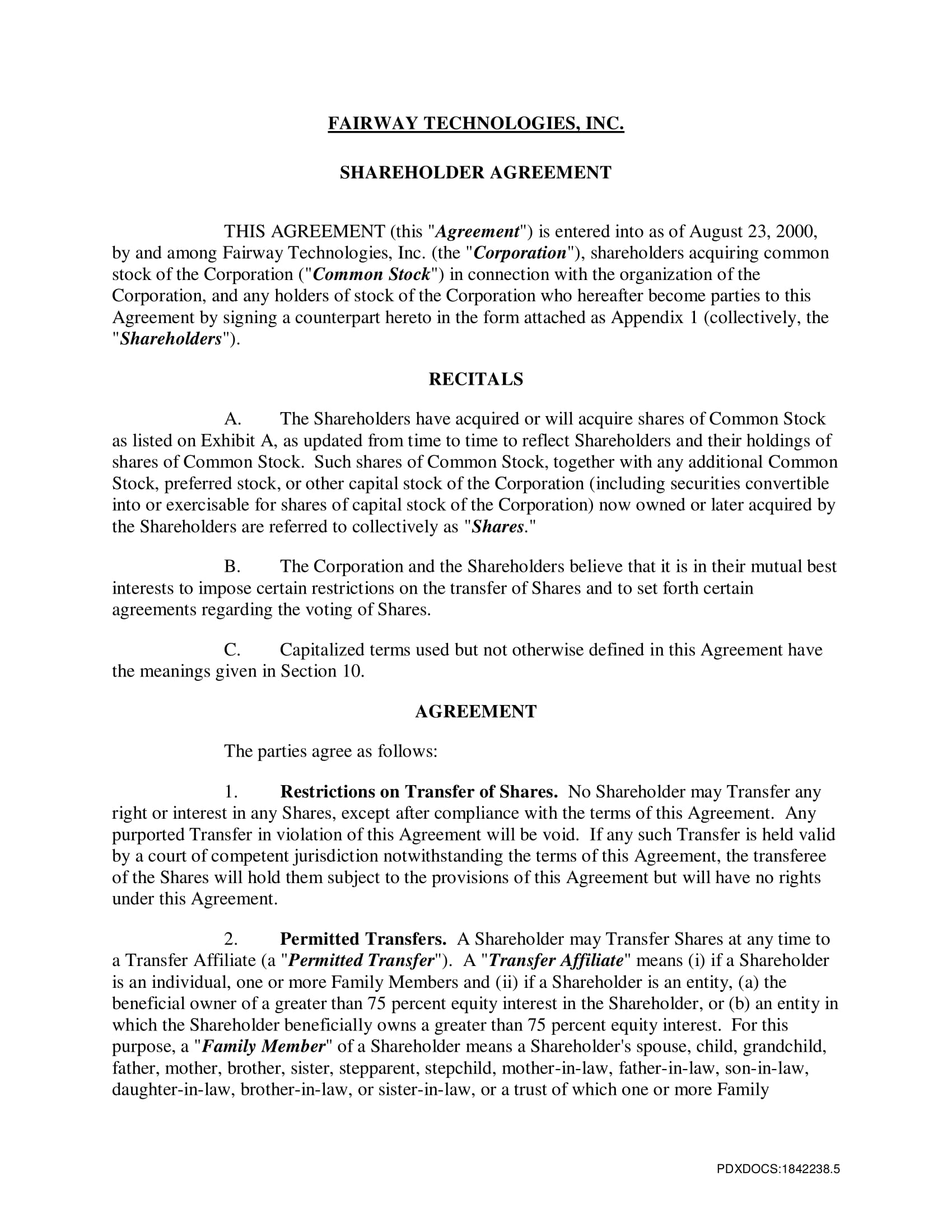When we think about estates, our minds often drift towards wills, trusts, and the various ways properties and assets can be passed down. But a question arises that piques interest and invites contemplation: Can an estate actually hold shares in an S corporation? This question opens a Pandora’s box of intricate legal stipulations, tax concerns, and governance rules. Understanding the nuances of S corporations, their shareholder requirements, and the role an estate plays within this framework can illuminate a key aspect of estate planning. So, let’s delve into this topic with gusto!
An S corporation, or S corp, is a unique type of corporation that allows profits and losses to be directly passed through to shareholders, thus avoiding the double taxation that a traditional C corporation experiences. To be deemed a valid S corporation, specific criteria must be met, including the number and type of shareholders. The fascinating twist in this narrative is that while individual shareholders are specifically enumerated in S corp regulations, estates may also have a role to play.
Now, here’s where the plot thickens. According to the Internal Revenue Service (IRS), an estate can indeed be a temporary shareholder of an S corporation. But before we pop the proverbial champagne, it’s essential to understand the intricacies involved. The S corporation bylaws and the estate’s unique circumstances must align to avoid setting sail into treacherous waters of non-compliance.
Let’s unravel this a bit further. In the unfortunate event of a shareholder’s death, their shares can be transferred to an estate. This transfer allows the estate to inherit the shares temporarily, which makes the estate a shareholder of the S corporation. However, this status is generally time-sensitive. An estate must be proactively managed to ensure compliance with S corporation regulations, which stipulate that only certain types of entities can be shareholders, and estates are usually granted a limited duration to hold shares.
One of the primary objectives of this limited timeframe is to preserve the S corporation’s status. If the estate holds the shares longer than allowed, it risks triggering issues that can lead to losing S status, an undesirable outcome for many entities. The estate typically has a period of up to two years from the date of the shareholder’s death to sell, transfer or distribute the S corp shares to eligible shareholders. Beyond this critical window, complications may emerge.
So, what challenges does this time constraint pose? For one, actively managing the estate involves navigating a myriad of decisions regarding the future of the shares. Should they be sold? Transferred to a family member? Converted into a trust? Each path merits thorough deliberation, as every choice has distinct tax implications, not to mention emotional ramifications for the bereaved family. It opens the floor for a heated discussion: How can families best manage the shares in pursuit of both financial prudence and emotional harmony?
Moreover, compliance with the IRS guidelines does not happen in a vacuum. Different states may impose additional regulations regarding estates and their interactions with corporations. As this adds a layer of complexity, families must prioritize staying informed about local laws and engage professional guidance to navigate this intricate landscape. However, this sometimes brings about a dilemma: Do we prioritize adhering to the rules, or do we take the opportunity to maximize what could potentially be a lucrative investment? This tug-of-war perpetuates the need for strategic estate planning and shareholder management.
Digging deeper, let’s explore the nature of eligibility when it comes to S corp shareholders. Generally, S corporations are limited to specified shareholders, including individuals, certain trusts, and estates. However, the nature of who or what can be an eligible shareholder often leads to ambiguity. For instance, an estate holding shares usually must not only ensure compliance with the two-year window but also verify that the beneficiaries aim to comply with S corporation stakeholder criteria. This highlights the importance of designing a coherent succession plan that acknowledges the potential for estates as shareholders.
There’s also the prospect of long-term ramifications. Once the estate’s holding period lapses, beneficiaries must determine their path forward. Should they sell the shares outright to divest the estate of S corp ownership, or could these shares be distributed among beneficiaries in a manner that remains compliant with S corporation requirements? Ensuring that transfers maintain the S status necessitates careful thought. Potential financial repercussions abound, and the urgency to make these decisions often begets hasty resolutions.
In summary, estates can indeed act as shareholders of an S corporation, but this relationship is not without its pitfalls. The tightrope walk involves ensuring timely decisions, compliance with IRS regulations, and making prudent choices regarding the estate’s assets. Adequate planning is essential, and families can benefit from engaging financial advisors and estate planners to help navigate through these choppy waters.
As we reflect on the concept of estates as S corp shareholders, one can’t help but ponder the bigger picture: How can we foster a dialogue around estate planning that embraces the complexities while advocating for proactive strategies? This question transcends individual circumstances, echoing a collective need for holistic approaches in financial and estate management.
